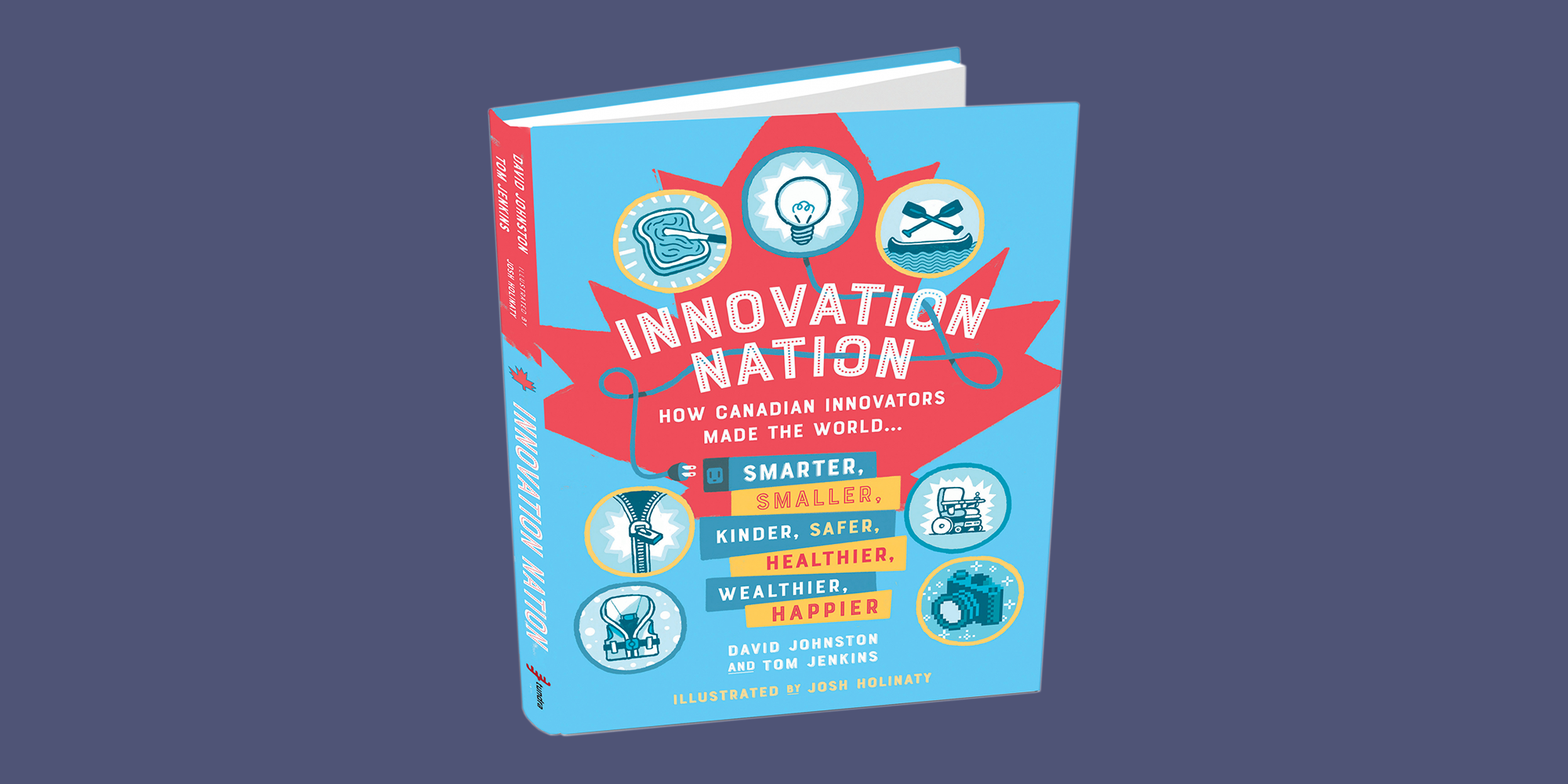With two fantastic console generations behind it, Sony was looking to up the ante with the PlayStation 3. Out of the box, the console looked like another leap massive leap forward. It had a Blu-ray player for high-definition entertainment, the latest DualShock controller was a wireless peripheral that narrowly avoided looking like a silver banana, and the internal engineering could throw an impressive number of polygons at your eyeballs. All of that effort would have been wasted if the game library wasn’t up to scratch, but fortunately, the PS3 had a terrific selection of games available as the years went on. We’ve rounded up our picks for the 25 best PS3 games of all time (in alphabetical order).
More PlayStation best lists
From first-party titles that paved the way for an era of prestige single-player experiences to third-party blockbusters that made full use of the console’s powerful engine to wow players, the PS3 had an eclectic library of memorable games. Some of these games have even been remastered for PS4 and are backward compatible with the PS5. It’s also possible that some of these games will be included with the new PlayStation Plus Premium membership that launches in June. We only included one game from each franchise, so you won’t find multiple Uncharted, Mass Effect, or Batman games on this list.
Batman: Arkham City
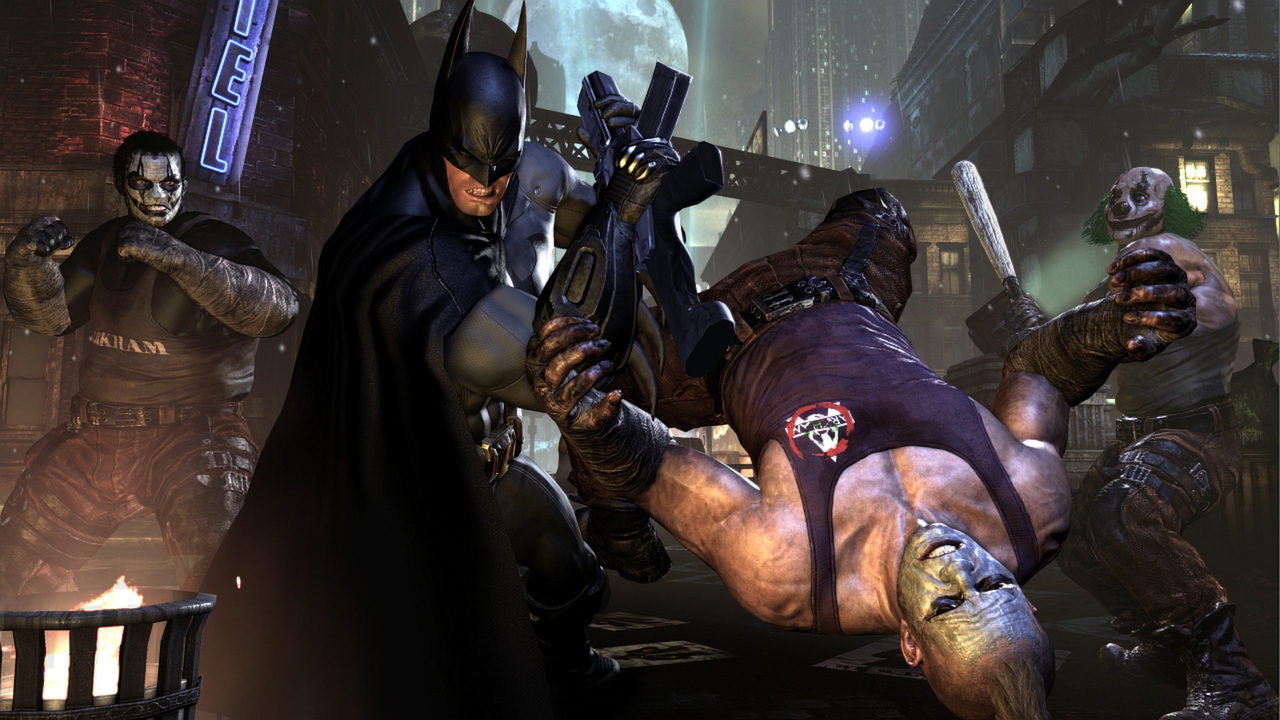
Rocksteady’s Batman: Arkham Asylum raised the bar for superhero games when it first arrived, but its first sequel Arkham City easily leaped past that benchmark when it landed on the PS3. On the surface, this was your typical follow-up: bigger environments to explore, more villains to punch justice into, and enhanced visuals that hit a fantastic middle ground of new but familiar gameplay. Where Arkham City elevated itself, though, was with its more confident action, finely-tuned gameplay, and an ending that left everyone shocked. The best Batman games are both brave and bold, and Arkham City was the digital definition of that idea with its rhythmic action, predatorial stealth, and intuitive detective work.
Read our Batman: Arkham City review.
Bayonetta
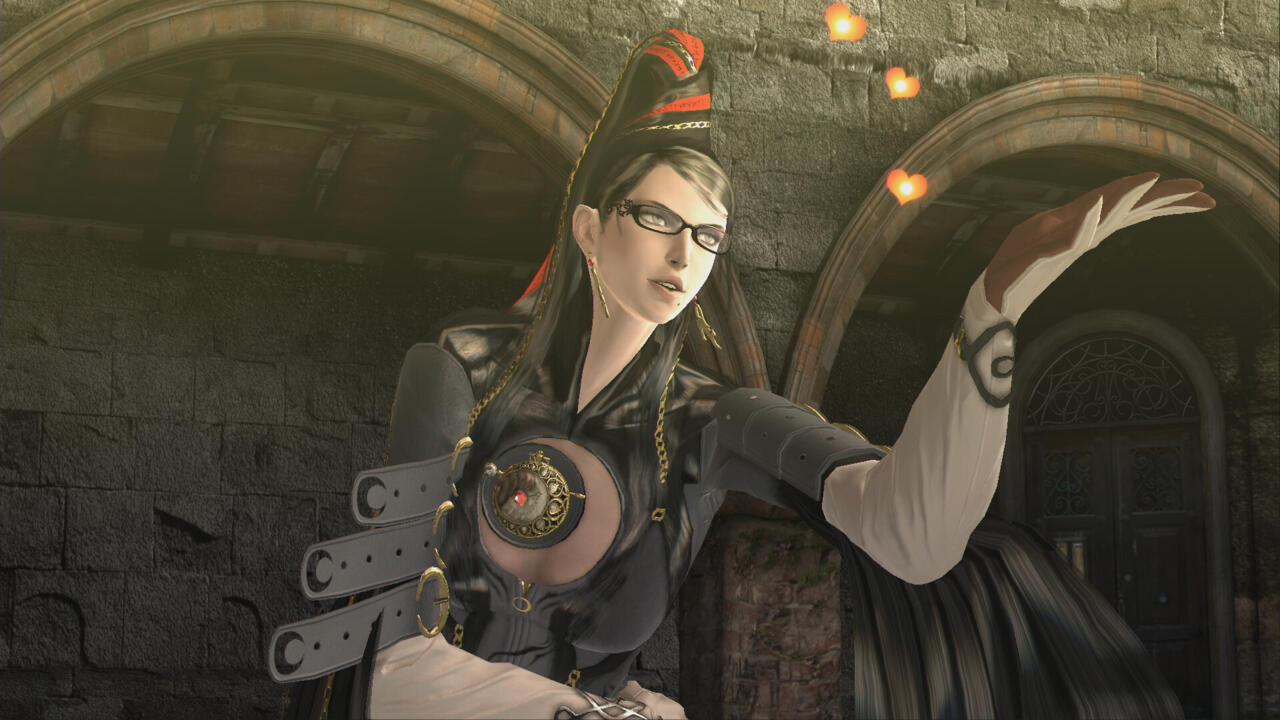
Platinum Games redefined witchcraft in Bayonetta, as the titular magic-wielder traded a broomstick for ankle-mounted pistols and an arsenal of sadistic magic. Bayonetta looked great, it played even better, and its devil-may-care approach made it an instant cult-classic with fans. A thrill ride from start to finish, Bayonetta’s brand of action established Platinum Games as a powerhouse in the action genre.
Read our Bayonetta review.
Bioshock

Would you kindly remember just how groundbreaking Bioshock was when it was first released? A deep dive into a utopia gone horribly wrong, Bioshock was oozing with atmosphere from your very first step inside of Rapture, and the action wasn’t too shabby either. Fighting back against gene therapy-addicted geniuses gone rogue, unleashing the power of the mind, and trying to avoid getting on the wrong side of a lumbering Big Daddy was fun, while the game’s regular plot twists made this subterranean masterpiece an adventure to remember.
Read our Bioshock review.
Burnout Paradise
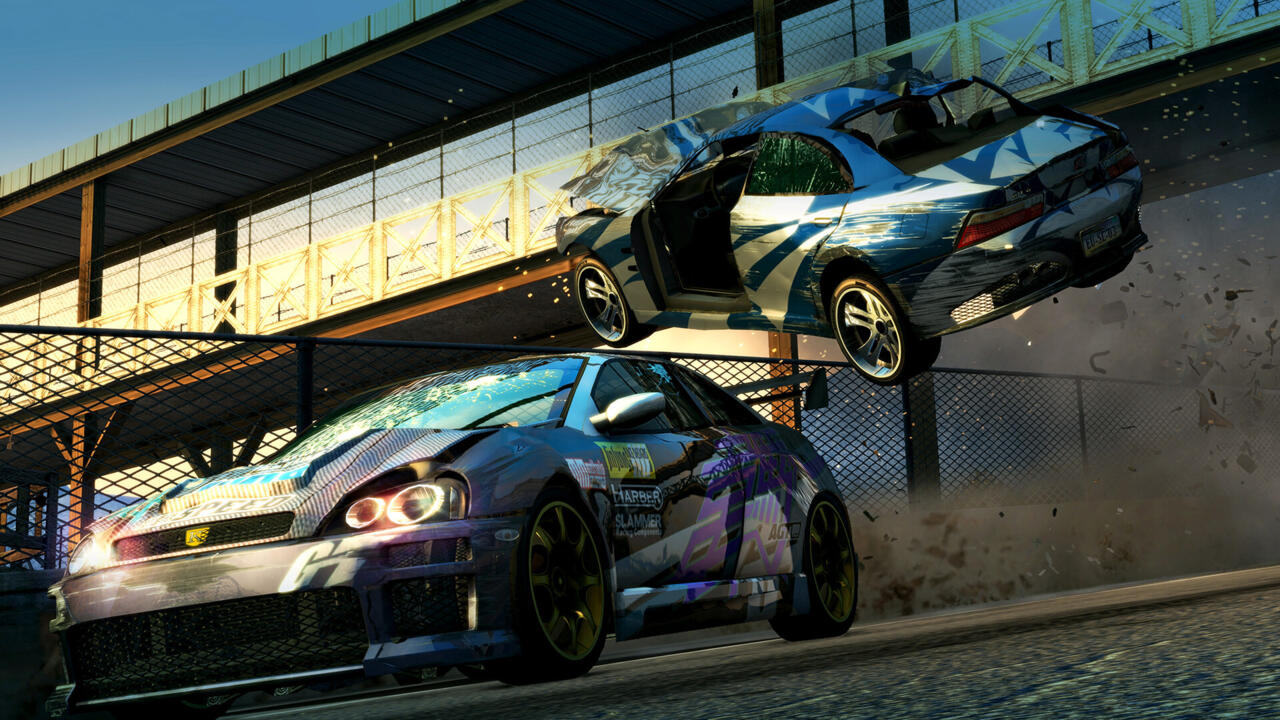
After several games on the PS2, Criterion’s Burnout Paradise established itself as the magnum opus of the franchise with its gorgeous rides, high-speed danger, and a crash camera that made every wreck a grotesque masterpiece of twisted metal. Taking place in a gigantic sandbox of roads that were just begging to be explored, Burnout Paradise had an absurd amount of activities to take part in while you listened to a certified banger of a soundtrack in the background. Additional DLC made the entire package even better, and the joy of cruising around a playground at top speed made this the definitive Burnout experience.
Read our Burnout Paradise review.
Call of Duty: Modern Warfare
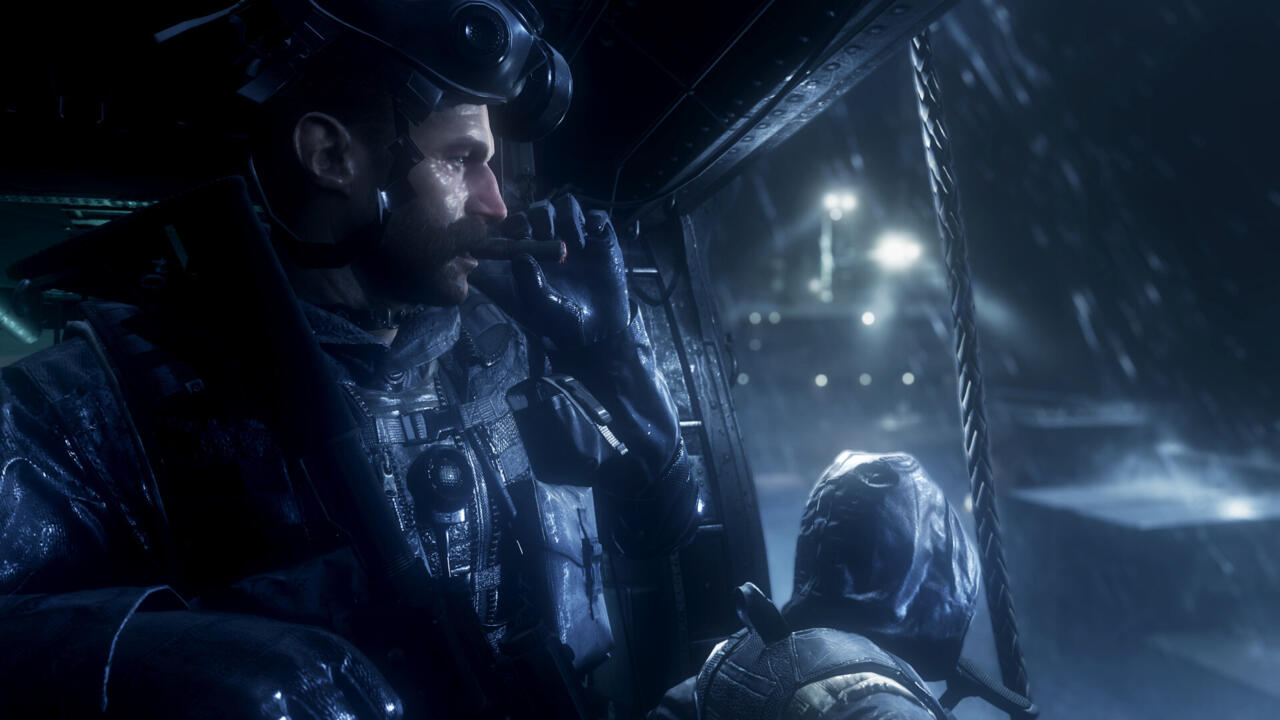
Call of Duty was a solid–but predictable–journey into well-worn World War 2 energy before it became one of the biggest franchises across multiple gaming generations. Modern Warfare rewrote the book on blockbuster gaming entertainment, delivering a campaign that pinched inspiration from Hollywood war movies to create a thrilling theater of operations. Modern Warfare’s gunplay felt superb, its visuals hammered home the brutality of war, and its campaign was a scenic tour of duty across both single and multiplayer battlefields.
Read our Call of Duty: Modern Warfare review.
Dark Souls
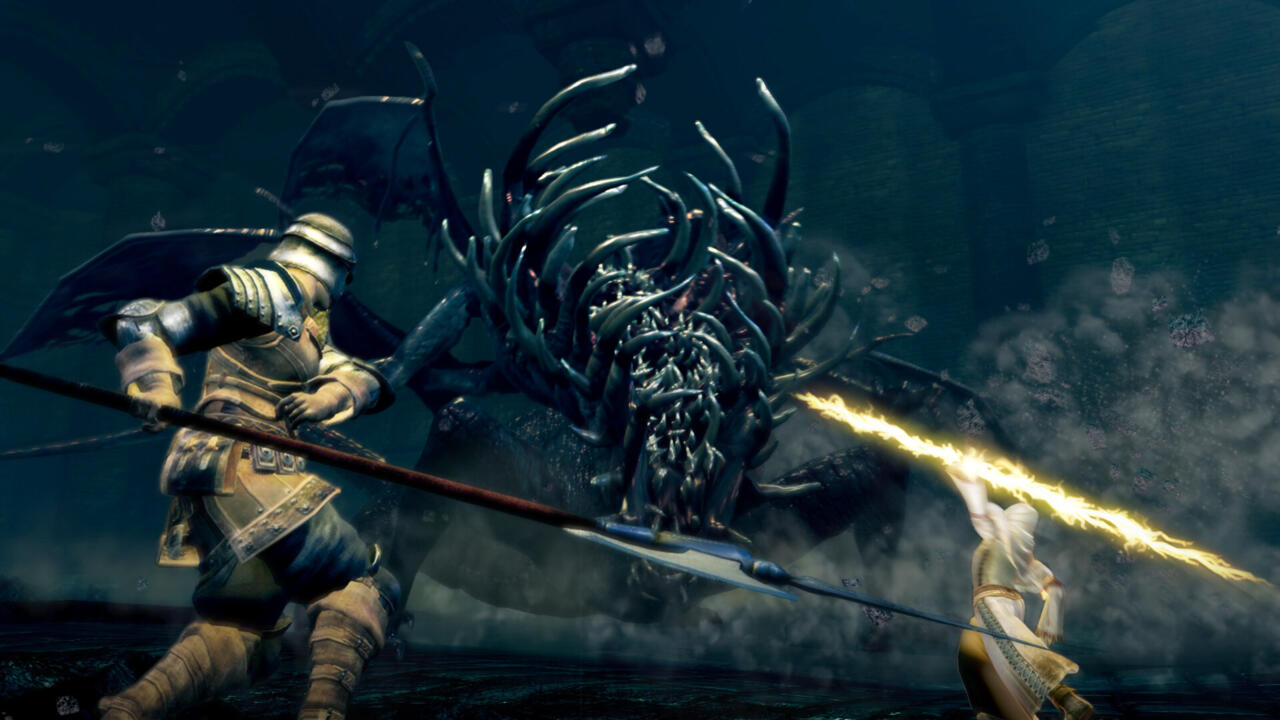
From Software’s initial journey into the world of punishing fantasy action showed promise when Demon’s Souls was released so many years ago, but Dark Souls was undoubtedly where the studio hits its stride. It may have earned a reputation for merciless difficulty and challenging foes, but Dark Souls is so much more than digital masochism. Beneath its surface was a game filled with dense amounts of lore, wonderful locations to explore, and a gameplay system that would reward you for all of your work. Every victory was earned in Dark Souls, but it set the bar for the franchise and paved the way for a new genre to flourish on gaming systems.
Read our Dark Souls review.
Diablo 3
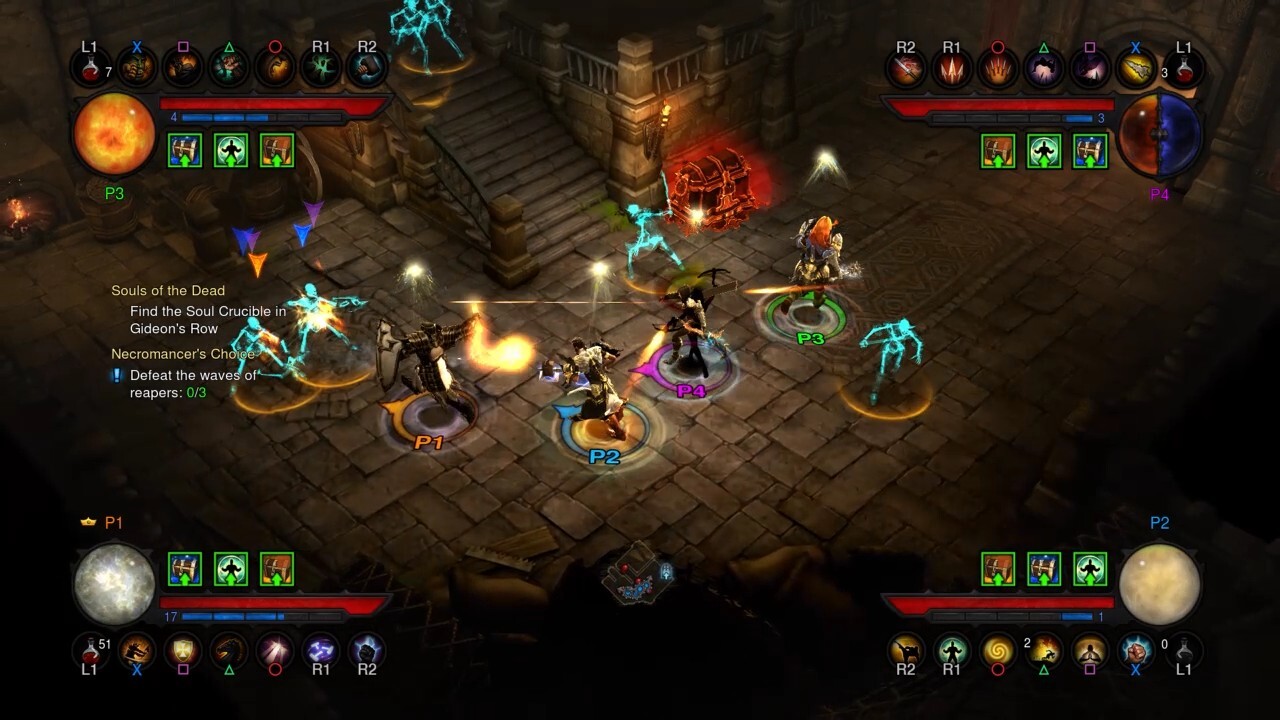
Diablo’s brand of isometric dungeon-crawling and demon-slaying had long been considered too complex to port to consoles without losing a lot of its luster (the original Diablo was merely fine on PlayStation), but Blizzard managed to find a way to not only make the franchise playable on PS3 but feel superb as well. Diablo 3 was devilishly charming thanks to an incredibly-intuitive control scheme that made every action flow smoothly from your inputs. Exploring Sanctuary, delivering killer-blows that reduced demons to giblets, and building up your character along the way into a force of nature that not even the Prime Evils could overcome made Diablo 3 feel arguably even more at home on console than PC.
Read our Diablo 3 review.
Dead Space
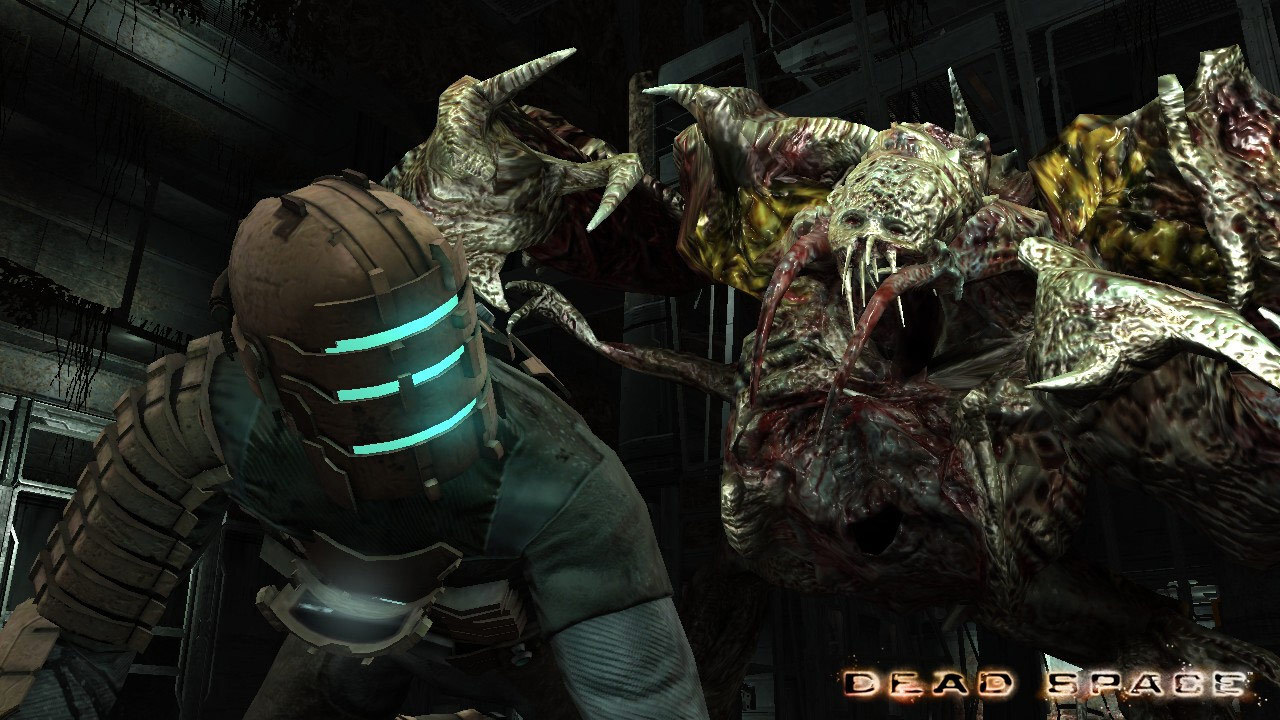
Horror games may not have been entirely deceased by the time that Dead Space arrived on the scene, but the genre certainly felt like it was on life support back in the late 2000s. Dead Space was a shot of adrenaline to that category of gaming, a gruesome and captivating descent into darkness that had the potential to ruin your most comfortable pair of pants with its frequent scares. Constantly unnerving, Dead Space’s atmosphere is still a gold standard for terror and its unique combat against terrifying necromorphs made every encounter feel like a last-ditch effort to survive unrelenting horror. Sequels and spin-offs would follow in its wake, and for fans of the original, an upcoming remake is also on the horizon.
Read our Dead Space review.
DmC: Devil May Cry
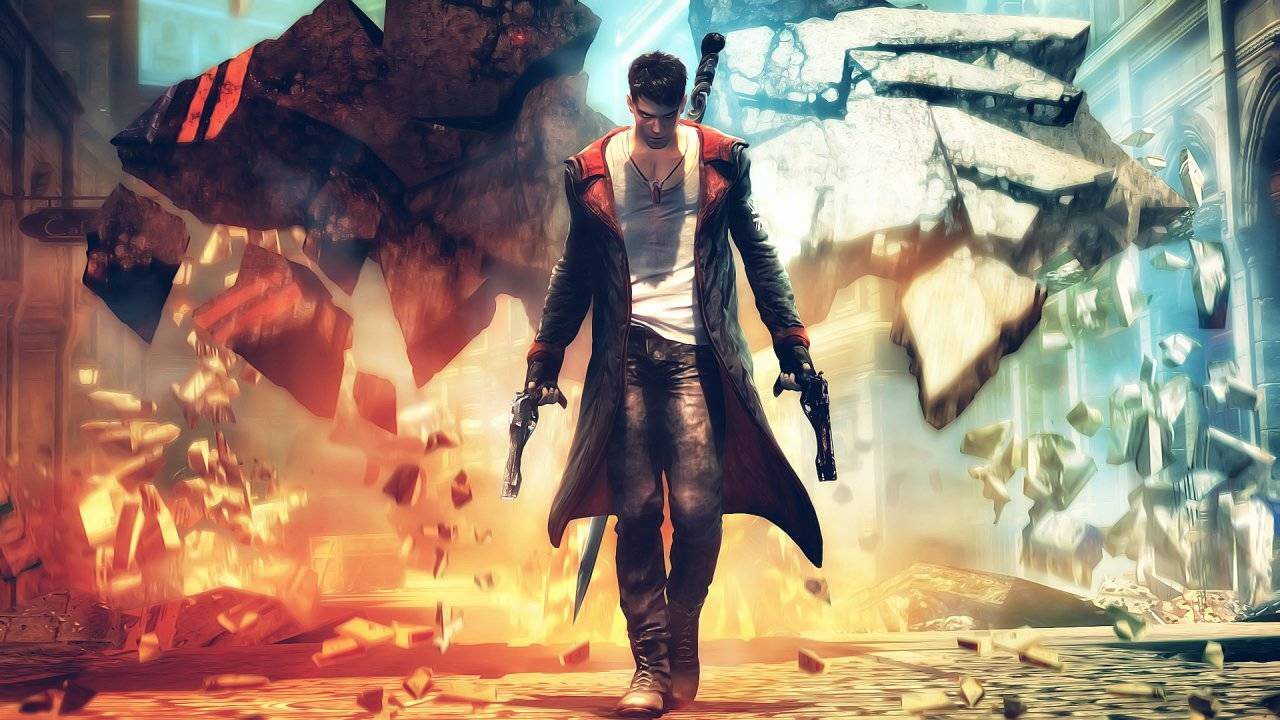
Ninja Theory might be known as the studio behind Hellblade these days, but for a brief time, it made a splash in the industry with a stylish new spin on one of Capcom’s greatest franchises. Wildly different from the source material and not giving a damn, DmC is arguably the best Devil May Cry of the PS3 generation. Dante’s new awakening led to a fascinating system that balanced both his angelic and demonic heritage, the visual style was pure S-Rank in the imagination department, and the story packed an emotional haymaker in each chapter. A one-off with no sequel in site, DmC still stands as an example of ingenuity and fun from a studio that gave the devil his due.
Read our DmC: Devil May Cry review.
The Elder Scrolls 5: Skyrim
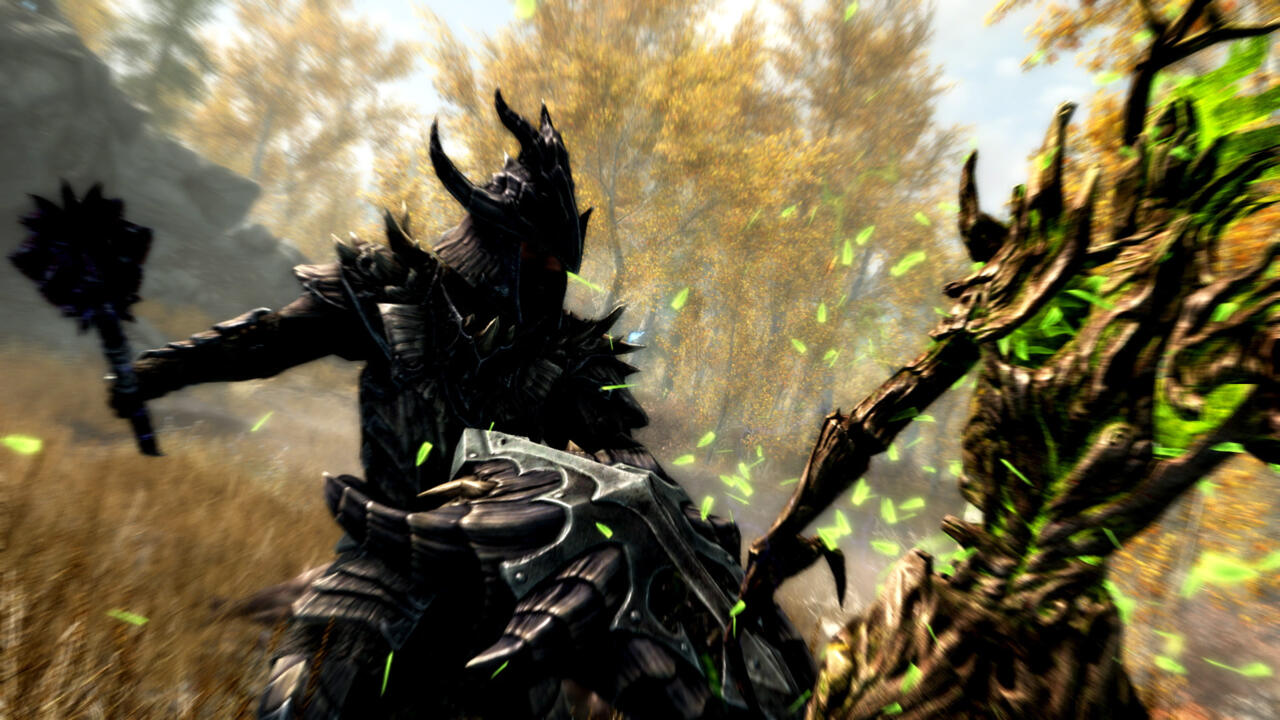
Fus-Roh-Dah! Rewind the clock back to the magical date of November 11, 2011, and Bethesda was on top of the world with an action-packed new chapter in its Elder Scrolls series. Oblivion may have set the bar high for a follow-up in that fantasy universe, but Skyrim easily vaulted over it and delivered a Nordic adventure for the ages. Mastering the power of being really loud, wondering what to do with the funky-smelling toe of a giant you just killed, and really hoping that you wouldn’t get an arrow in your knee were just some of the highlights of Skyrim. With unparalleled freedom to be the adventurer–or really horrible person who sacrificed Lydia to dark Daedric gods–Skyrim was unmatched in its ability to grab your attention for hours on end. Thankfully, Bethesda has re-released Skyrim over and over again, so you almost certainly have a device (or five) that can play it.
Read our Elder Scrolls 5: Skyrim review.
Grand Theft Auto 5
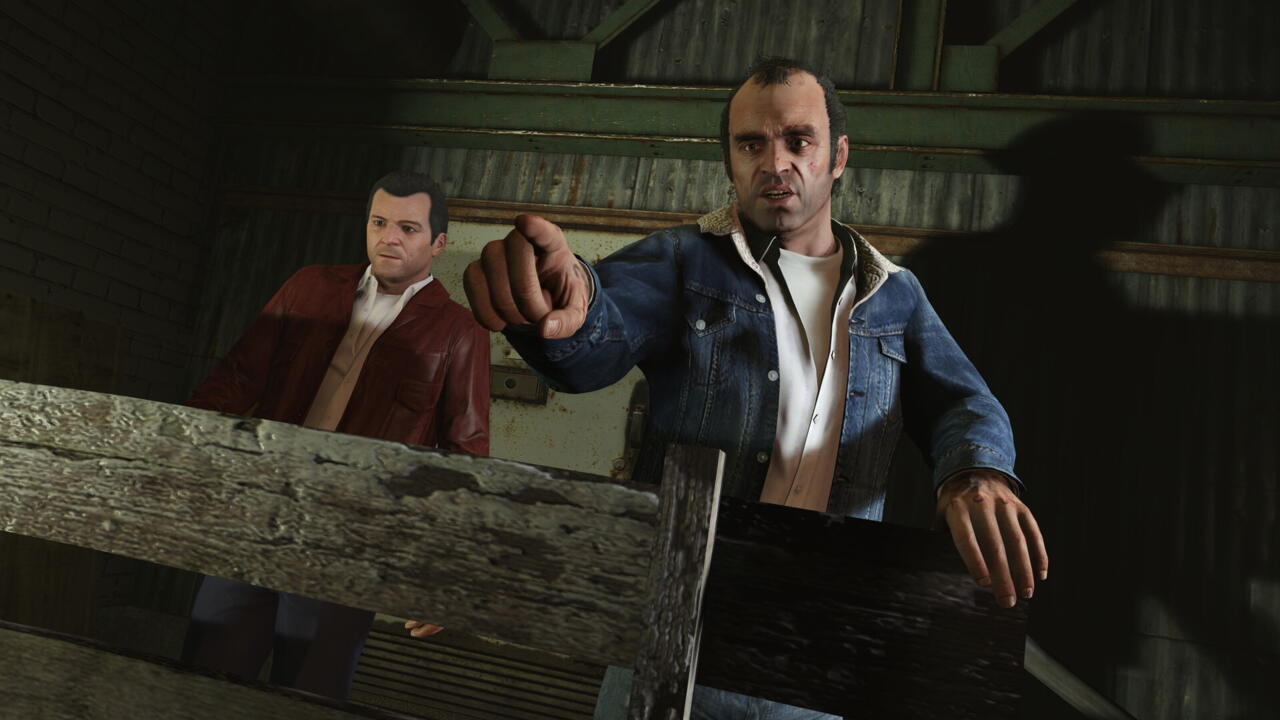
Love or hate it, but there’s no denying the impact that Grand Theft Auto V has had on the gaming landscape. A game of unprecedented scope and ambition, GTA V was a phenomenal single-player game and a groundbreaking multiplayer sandbox. It’s the multiplayer portion of GTA V that has gone on to define the series, as GTA Online has extended the game well past its sell-by date with its interconnected world of characters, gangs, and a constant influx of new content. In the years since it debuted, GTA V hasn’t just been one of the best games on PS3, it has gone on to find new audiences on PS4 and its primed for a PS5 debut next month.
Read our Grand Theft Auto 5 review.
Littlebigplanet 2
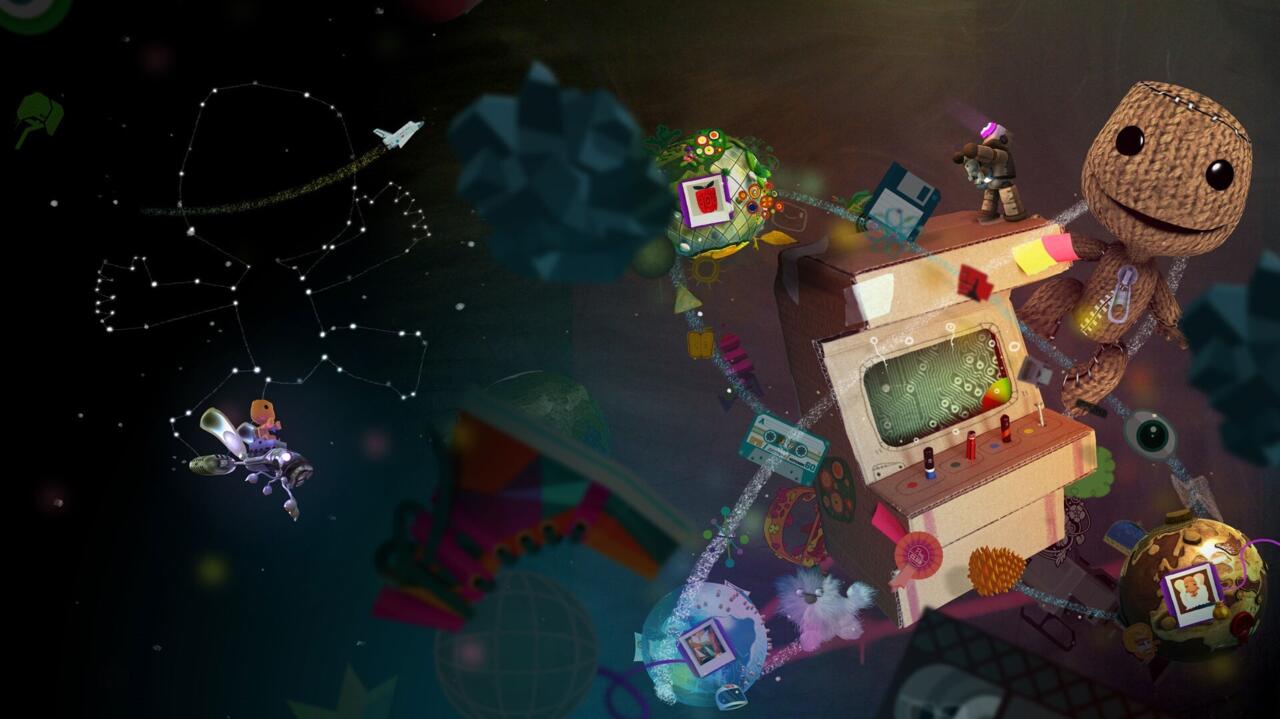
Media Molecules’ LittleBigPlanet sequel hit the nail on the head for wholesome content that also inspired its players to unleash the power of their imagination. Games that gave players all the tools that they’d need to generate their own content were starting to take off, and LittleBigPlanet 2 helped pave the way for player freedom. Fronted by the adorable mascot of Sackboy, the digital sky was the limit for creating adventures, stories, and memories within its platforming structure. The PS3 was home to a library of great games, but LittleBigPlanet 2 stands tall as one of its most charming and important titles. PS4 and PS5 owners should definitely check out spin-off title Sackboy: A Big Adventure, which gives the adorable star an adventure similar to Super Mario 3D World.
Read our Littlebigplanet 2 review.
The Last of Us
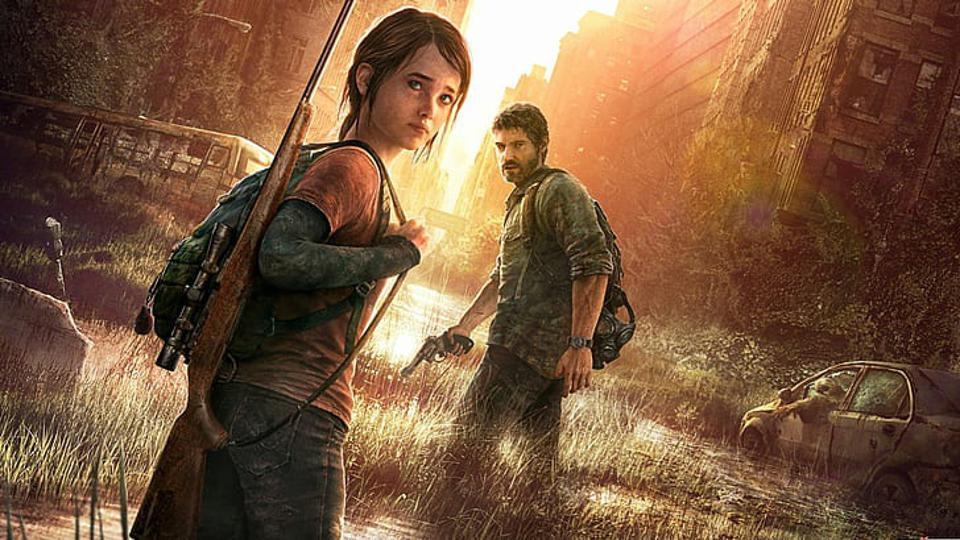
On the topic of definitive PS3 games, Naughty Dog’s The Last of Us was the best send-off that the PS3 could ask for as it reached the twilight of its life. A must-play game on PS3 and a step in the prestige direction that Sony was working to establish with its first-party studios, The Last of Us was enchanting, terrifying, and pushed the PS3 to the bleeding edge of what the hardware was capable of. Pushing the envelope on interactive storytelling, The Last of Us is a mature tale set in a believable post-apocalypse that perfectly drew the curtain closed on the PS3 generation.
Read our The Last of Us review.
Mass Effect 2
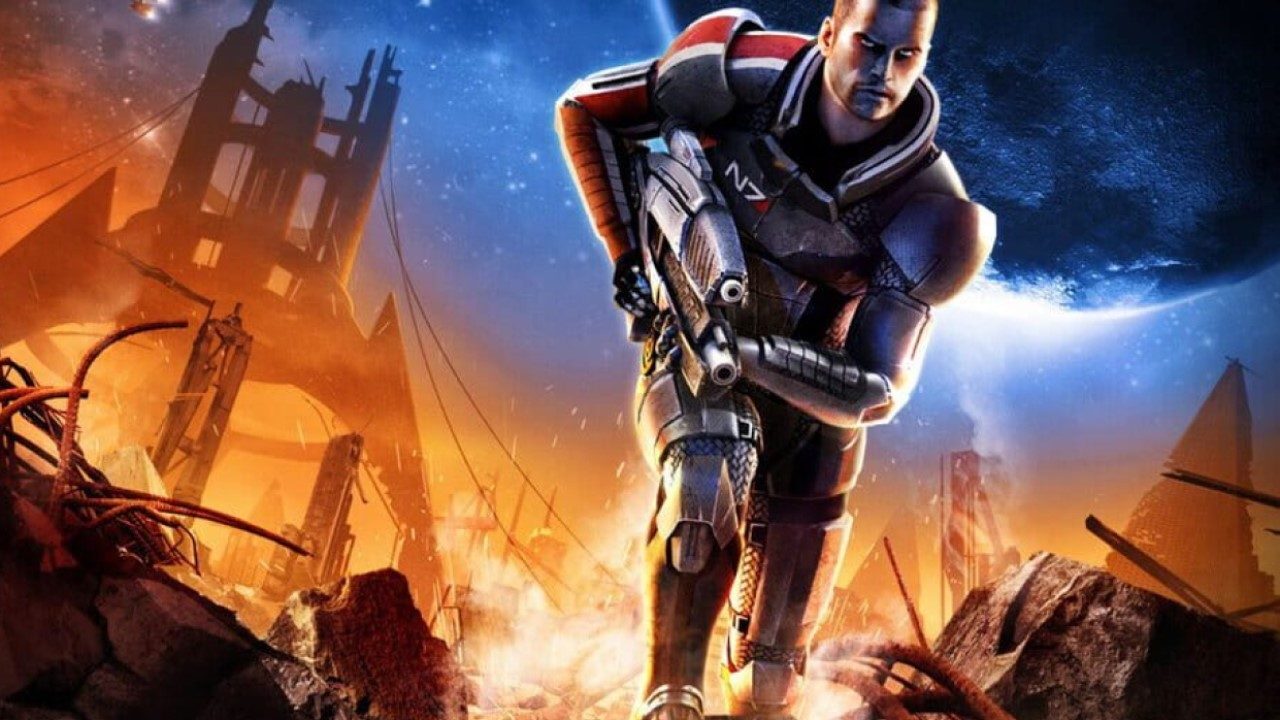
The original Mass Effect was a fantastic first step into sci-fi territory for developer BioWare, but admittedly, it was a little rough around the edges when it came to combat. Mass Effect 2 on the other hand, is where all the parts of this cosmic engine felt like they were working in harmony. Commander Shepard’s return began with an unforgettable first chapter, the story provided plenty of opportunities to create a more personalized adventure, and some of the choices you’d be forced to make would leave you feeling haunted by the tangible repercussions. All that, and gameplay which perfectly mixed traditional cover-based shooting with a selection of fantastic RPG mechanics that made you feel fully empowered for the threats that awaited the misfit crew of the Normandy.
Read our Mass Effect 2 review.
Metal Gear Rising: Revengeance
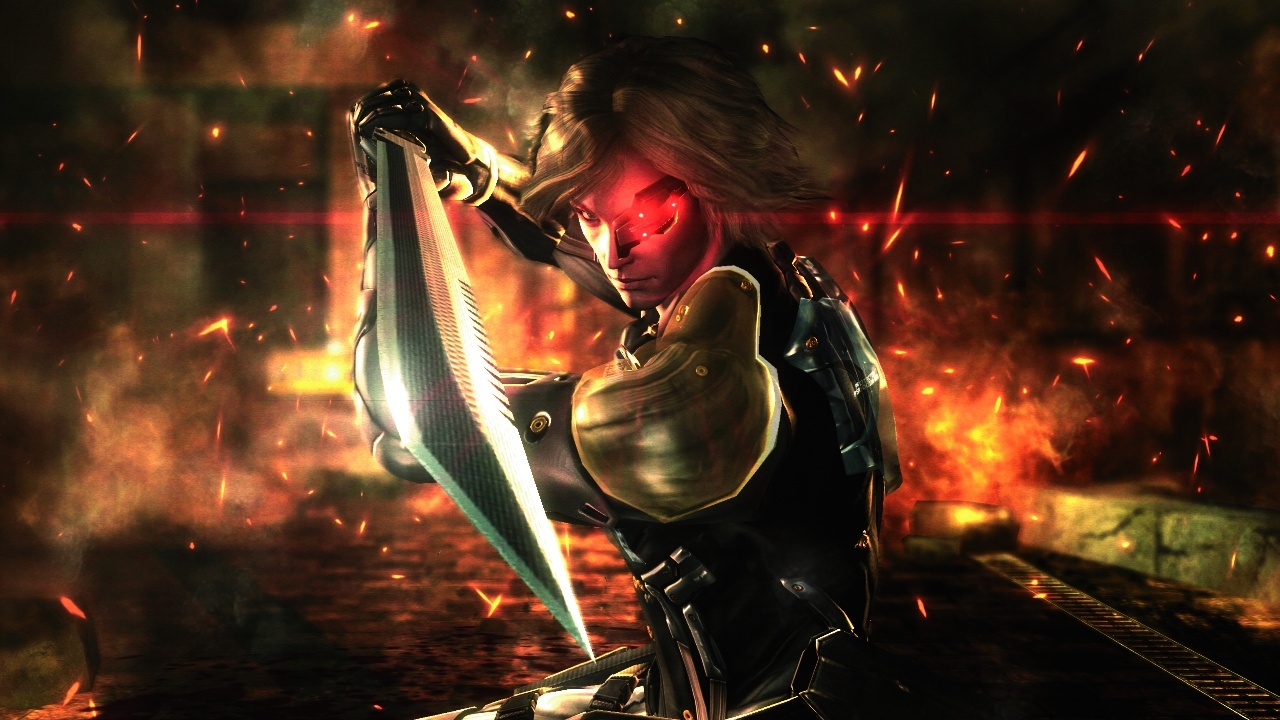
A short and sharp experiment into spin-off territory, Platinum Games’ Metal Gear Rising: Revengeance is still a cut above the rest when it comes to action. Originally developed by Kojima Studios, the project met some difficulty along the way and was handed over to Platinum Games to bring the concept of over-the-top sword-fighting to life. Not only was the studio’s talent for satisfying mayhem on full display in this cheesy adventure, but it was also amplified by a series of incredible boss fights, memorable memes, and a soundtrack so metal that you’ll get lead poisoning if you listen to it on repeat.
Read our Metal Gear Rising: Revengeance review.
Metal Gear Solid 4: Guns of the Patriots
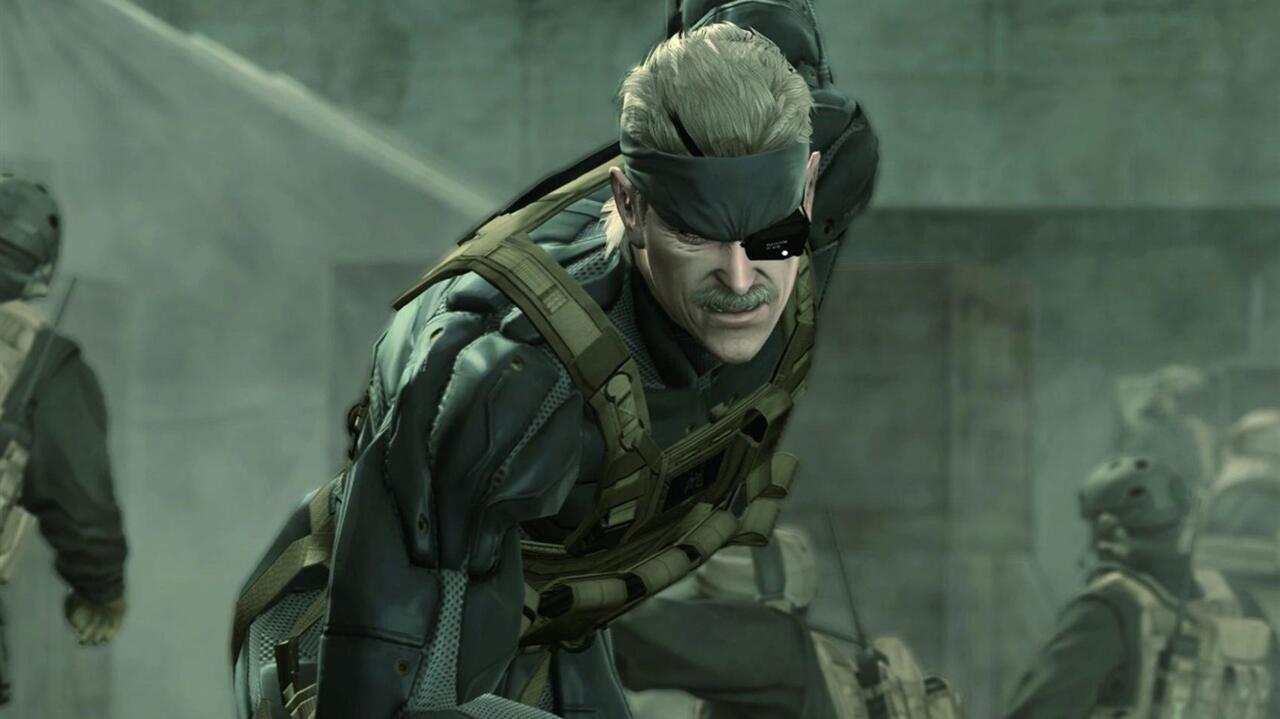
The PS2 era was home to a double-whammy of excellent Metal Gear Solid adventures, but for the PS3, it was time to close the book on Solid Snake’s storied career as an expert in tactical espionage action. Older and grumpier than ever, Snake’s latest adventure may not have been as much of a game-changer as his previous missions were, but Metal Gear Solid 4 still managed to intelligently use the PS3’s power to refine and enhance its formula. It might be a little too dependent on cutscenes and it has no time for newcomers thanks to its dense lore, but for Metal Gear Solid fans who had stuck around since the beginning, the fourth game’s lengthy running time more than paid off with a conclusion that brought the series full circle.
Read our Metal Gear Solid 4: Guns of the Patriots review.
Ni No Kuni: Wrath of the White Witch
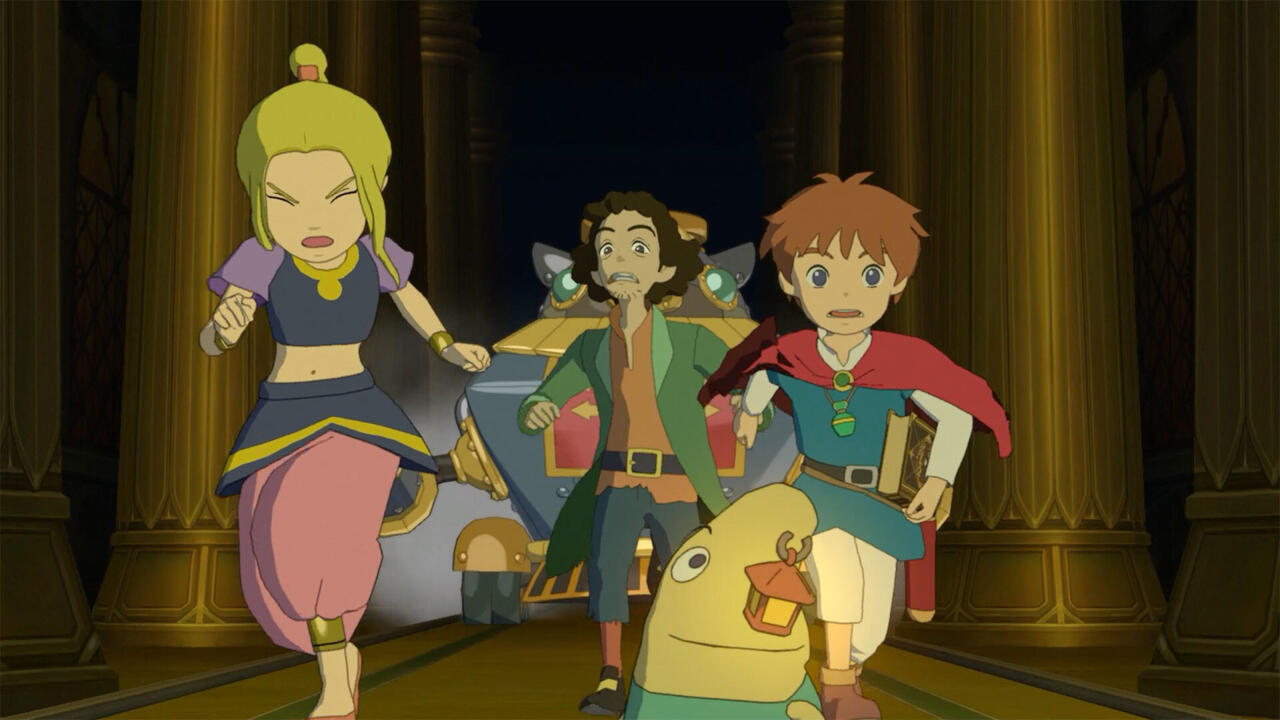
A role-playing game with vibrant cel-shaded visuals straight out of the Studio Ghibli playbook? That was a recipe for success when Ni No Kuni: Wrath of the White Witch first came out, and the charming art design was bolstered by the sheer amount of content that you could engage with. Having an exciting world to explore, a phenomenal soundtrack, and an emotionally told story was enough to win over even the most jaded of RPG fans, but Ni No No Kuni’s inventive locations, tense battles, Pokemon-esque creature system, and witty banter solidified it as one of the best RPGs on the PS3.
Read our Ni No Kuni: Wrath of the White Witch review.
Persona 5
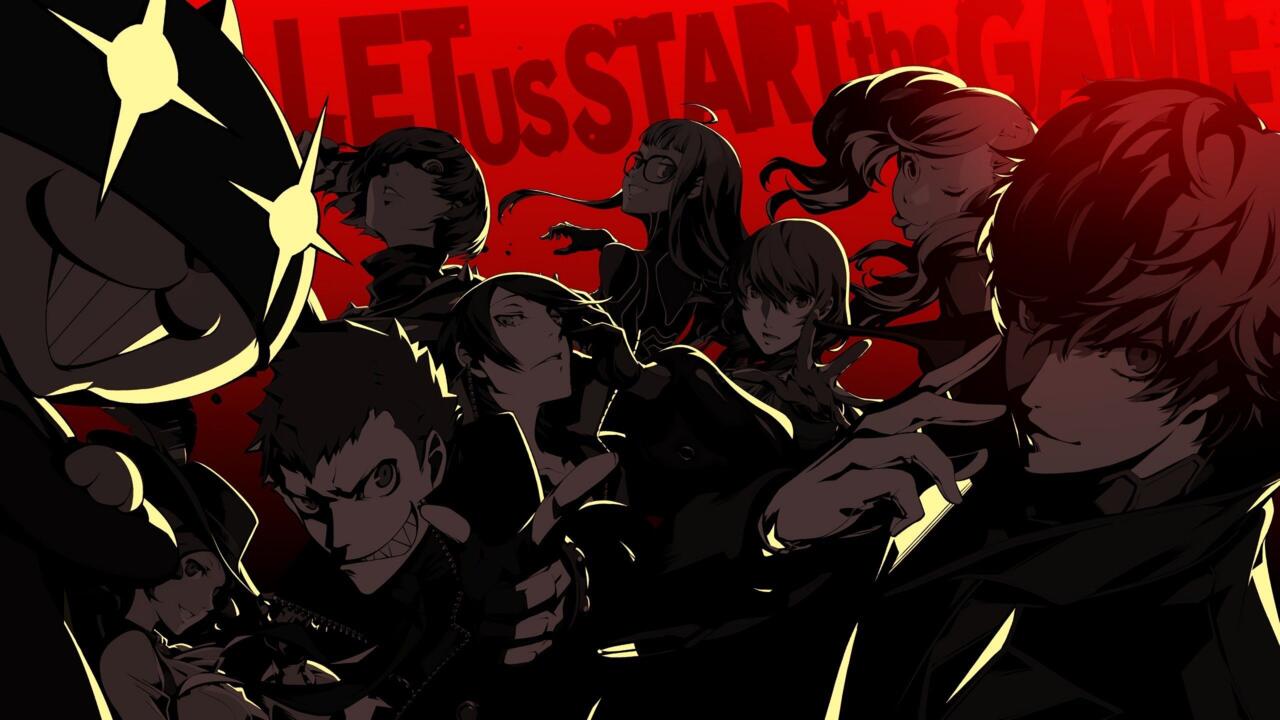
Persona 5 had a strange journey over the years, starting out life as a PS3 exclusive back when the PS4 was still a tightly-guarded secret over at Sony headquarters. Fast forward to 2017, and the Atlus-developed game launched on both consoles with surprisingly few compromises between the two editions. As for the game, there’s a reason why it’s still so beloved by fans of the franchise. The PS4 version might be superior in the technical department, but the PS3 incarnation of the game has all the charm, swagger, and staggering amount of content that made it the new gold standard for the JRPG genre.
Read our Persona 5 review.
Portal 2
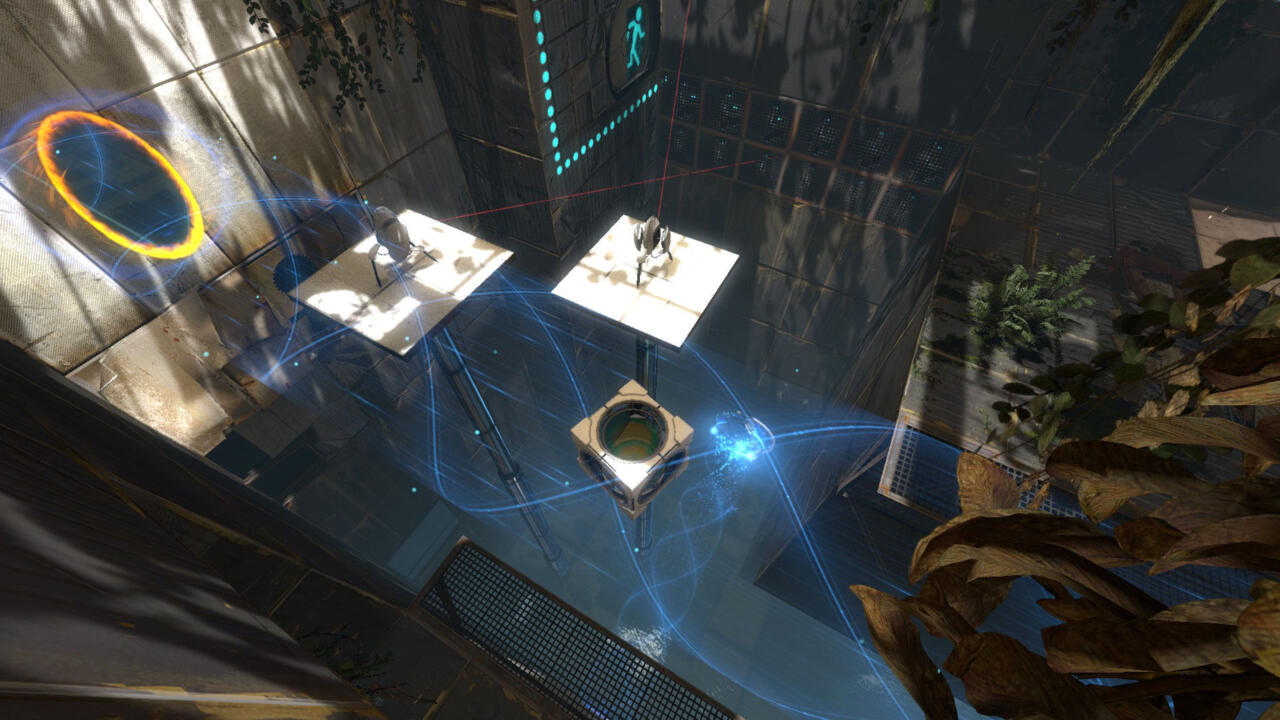
Everything that you loved about the original Portal game was amplified and enhanced in its sequel, as Portal 2 took the foundation built by its predecessor and built a turbo-mansion on top of it. A lengthier collection of mind-bending puzzles that forced you to use your surroundings to find a solution, Portal 2 feels like a more complete game. It had a meaty story infused with dark humor, the new colors of space-time tears added more layers to the gameplay, and the two-player co-op made this one of the best games that you could play with a friend. All that, and Steven Merchant’s portrayal of the clumsy guide Wheatley is still one of the best characters to ever pop up in a video game.
Read our Portal 2 review.
Red Dead Redemption
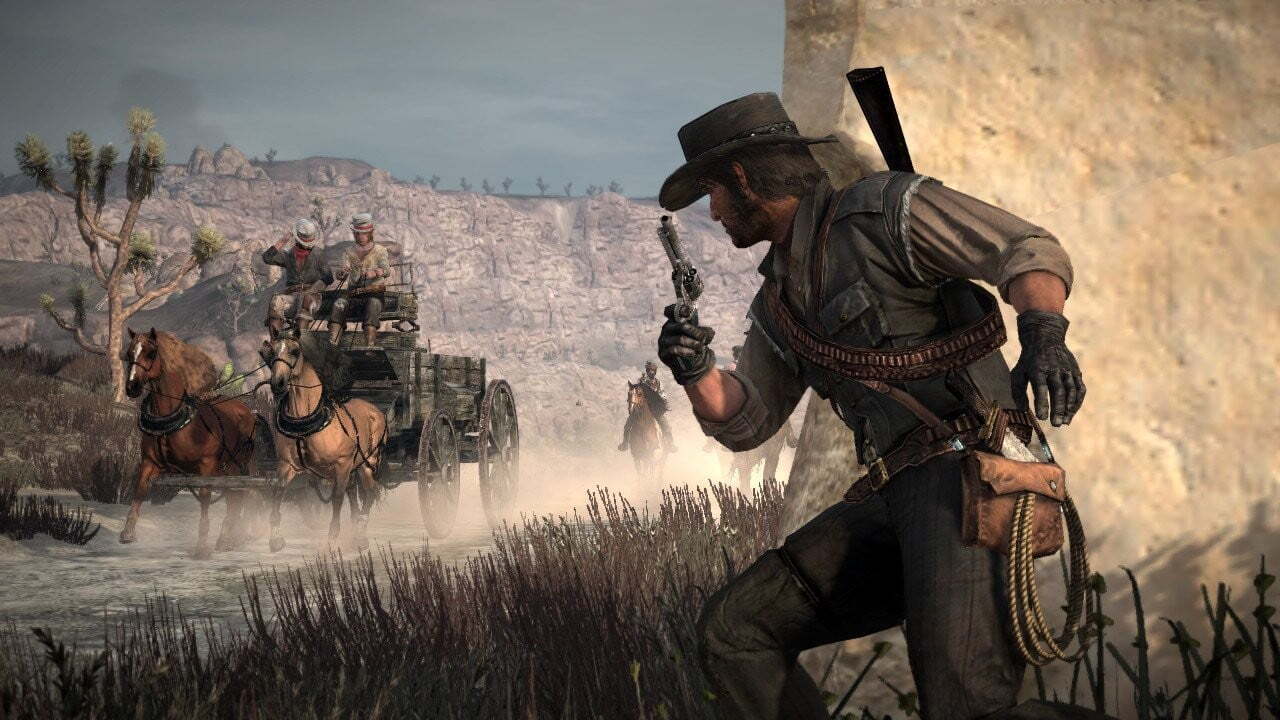
There’s a beauty to Red Dead Redemption in its quiet moments and desolate landscapes that its more contemporary sibling Grand Theft Auto V cannot replicate, which is probably just one of many factors that makes this cowboy sandbox so popular more than a decade after it was first released. It’s a rugged journey across hostile terrain, filled with danger, and untamed in its wild beauty. John Marston is still a fascinating protagonist torn between loyalty and duty, unleashing hell with a fistful of iron in deadeye mode always felt exhilarating, and that third act plot twist still feels heartbreaking to this day. Red Dead Redemption is still one of the best wild west simulators out there, standing the test of time and unleashing six rounds of hell with its haunting story.
Read our Red Dead Redemption review.
Resistance 3
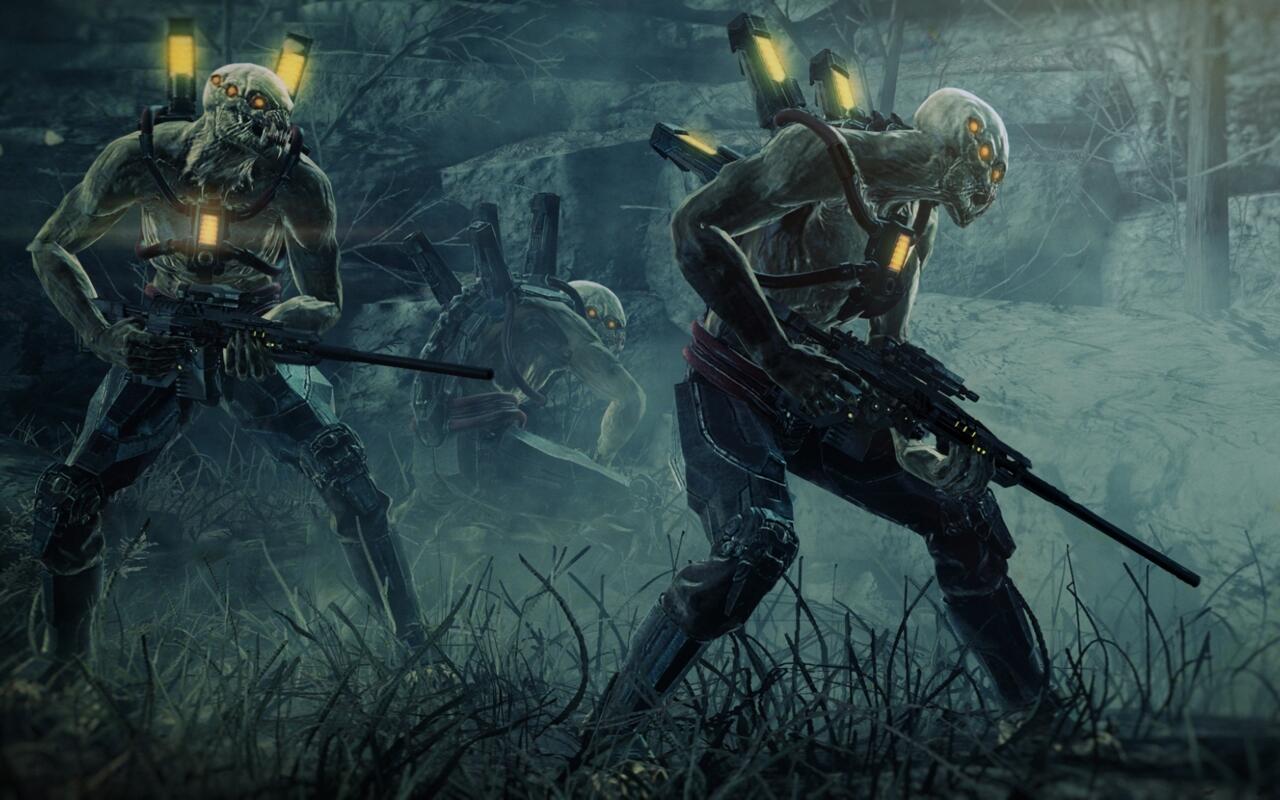
The first two Resistance games were solid but not exactly unmissable entertainment. The third time was the charm for Resistance 3, however, as everything about this threequel felt just right. The gunplay felt ever-so-satisfying as you took care of alien hordes with a mixture of traditional and exotic weaponry. The art direction of a 1950s world fighting off an intergalactic invasion looked marvelous, and the story was surprisingly heartwarming. Resistance 3 might always be the final chapter in the series (sadly), but it ends the trilogy in a grand and intimate fashion.
Read our Resistance 3 review.
Spelunky
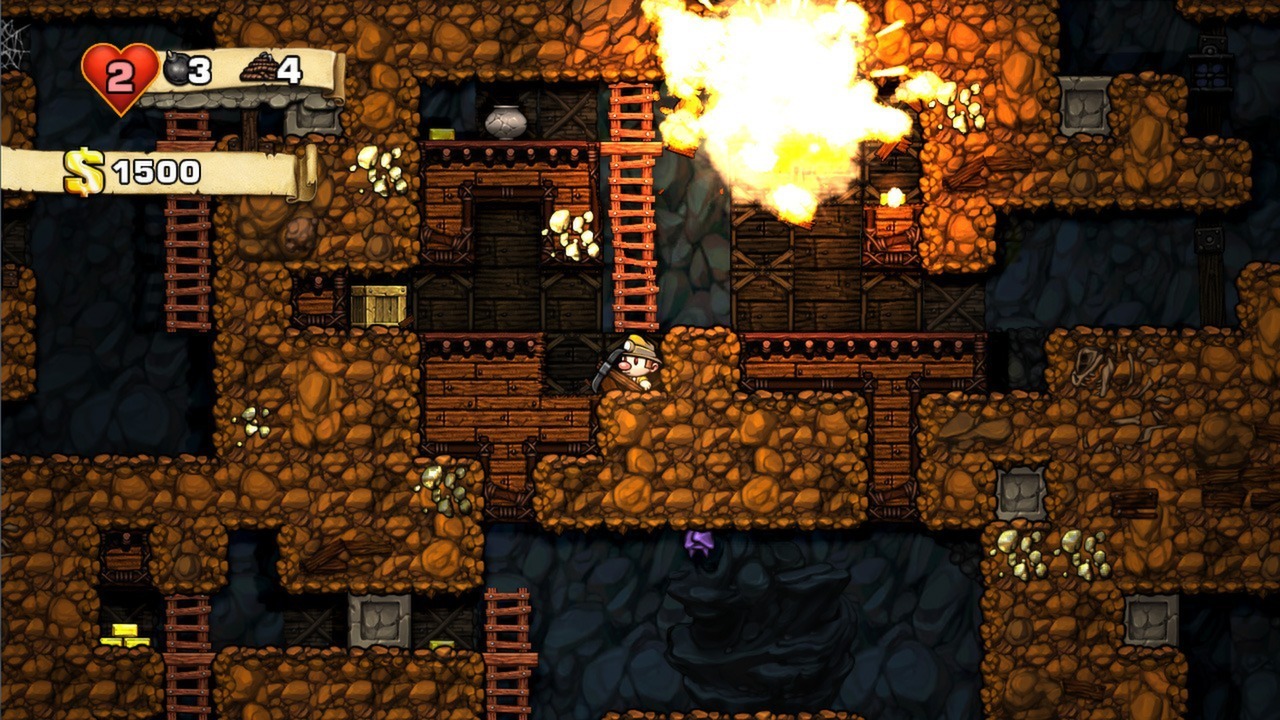
A rogue-like platformer with randomized levels, Spelunky wasn’t exactly an easy game to hop into but it was infinitely replayable thanks to some incredible design and precision engineering. Dangerously alluring and packed with multiple moments to risk everything for a rewarding payday, Spelunky’s flexible design shows off incredibly engineered danger as you delve deeper into chasms of opportunity.
Read our Spelunky review.
Uncharted 2
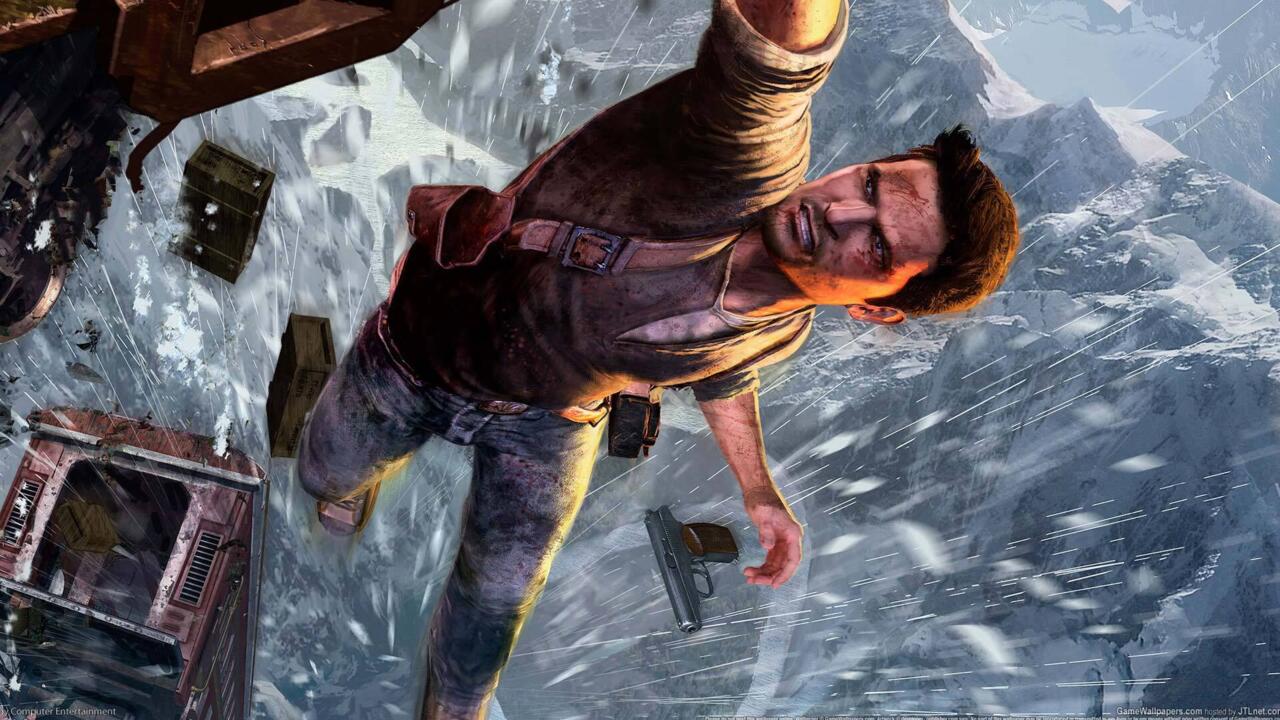
Uncharted 2 improved on the original game’s formula by leaps and bounds, hitting an almost-perfect balance of epic set-pieces, fun adventure action, and thrilling storytelling. No matter where you were in the game, Nathan Drake’s epic journey was consistently entertaining. Trading a well-timed quip with a perfectly-executed knockout blow at any given time, Uncharted 2 was all held together by a fluid control scheme and gameplay that never skipped a beat. Years–and sequels!–later, and Uncharted 2 is still arguably the series at its best.
Read our Uncharted 2 review.
Wolfenstein: The New Order
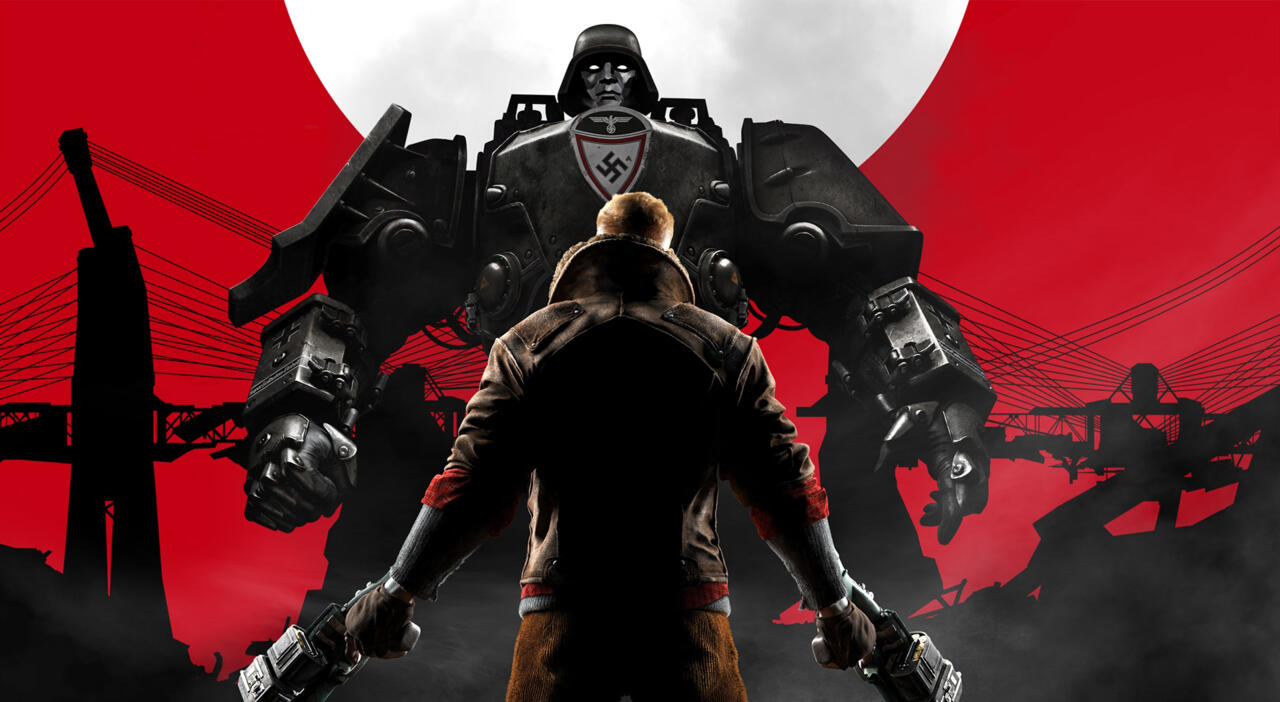
A good Wolfenstein game follows a simple formula: it gives you a chunky arsenal of weapons to run around with and plenty of Nazis to try your new firepower out on it. After the previous Wolfenstein game failed to capture that Reich-smashing magic, developer Machine Games took on the task of making nigh-unstoppable Nazi-smasher BJ Blazkowicz relevant again, a task that the team succeeded at handsomely. The core gameplay–which allowed you to mix stealth with gung-ho action–was exhilarating to say the least, but balancing it with an intriguing story, a protagonist who thoughtfully reflected on his actions and was complemented by a terrific cast of allies and Axis enemies? That was just icing on a decadently delicious cake of ultra-violence and a sublime narrative.
Read our Wolfenstein: The New Order review.
XCOM: Enemy Unknown
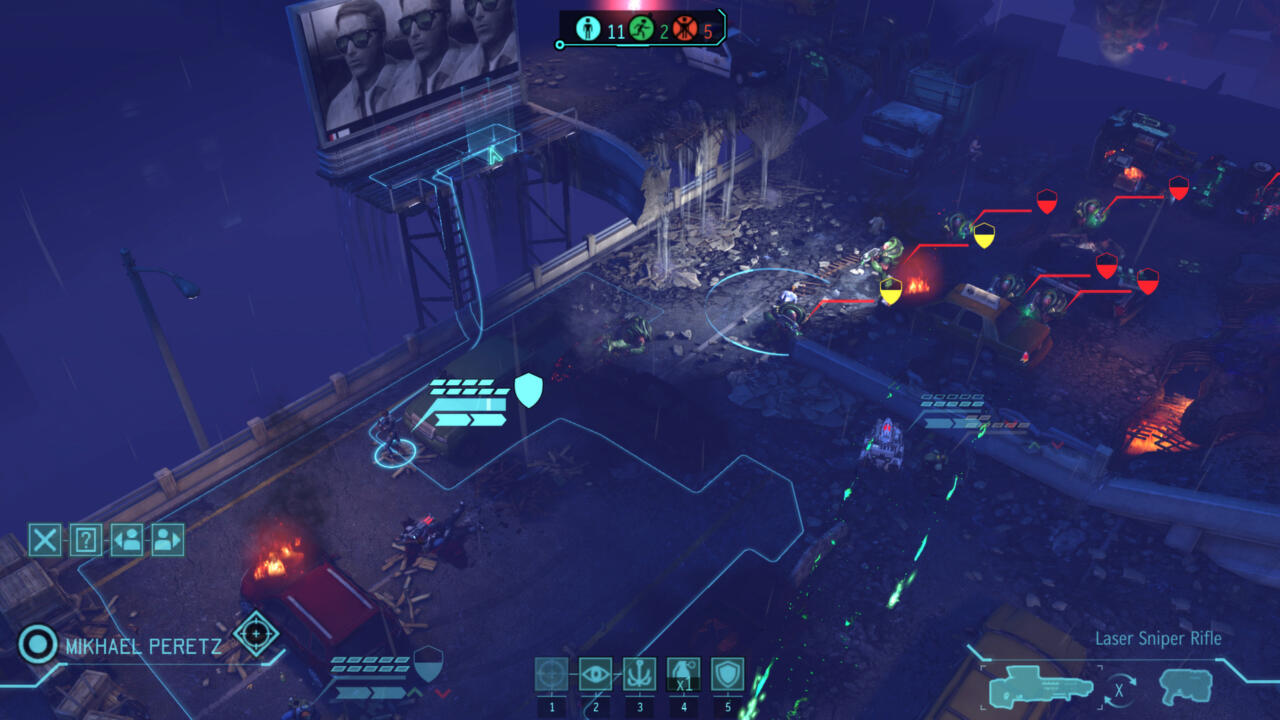
While The Bureau: XCOM Declassified may not have been the fresh start that fans of the tactical series had hoped for, Firaxis’ XCOM: Enemy Unknown proved to be the shot in the arm that the franchise needed. A back-to-basics approach that retained the DNA of the original games and augmente
d them with smart strategy, Enemy Unknown delivered a knockout blow of turn-based tactics and action. Each successful incursion into enemy territory made you feel like a wartime genius, the layers of depth in the game had a surprisingly gentle learning curve, and each encounter unfolded in cinematic fashion. An absolute masterpiece of a game, XCOM: Enemy Unknown could easily devour dozens of hours of your life with its gripping board game appeal and sound strategies.
Read our XCOM: Enemy Unknown review.







